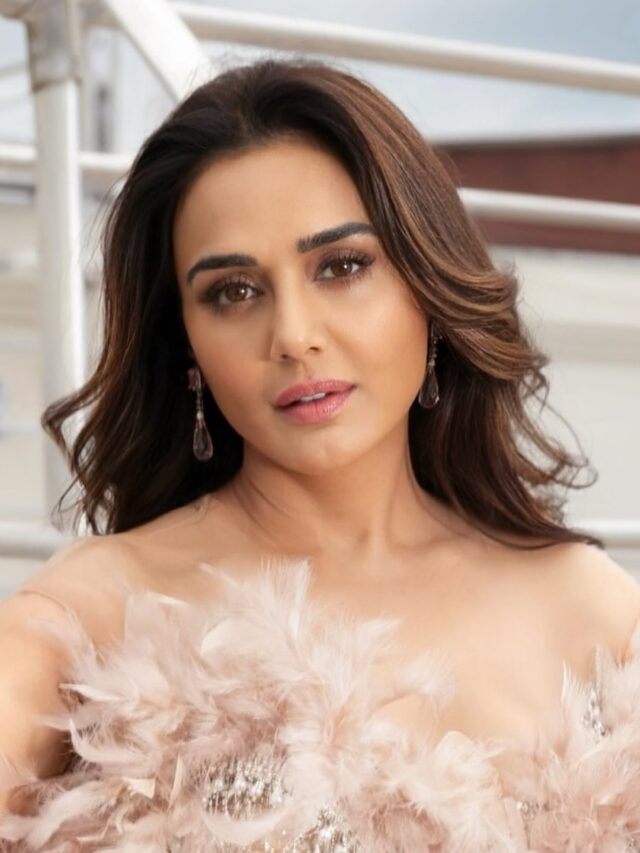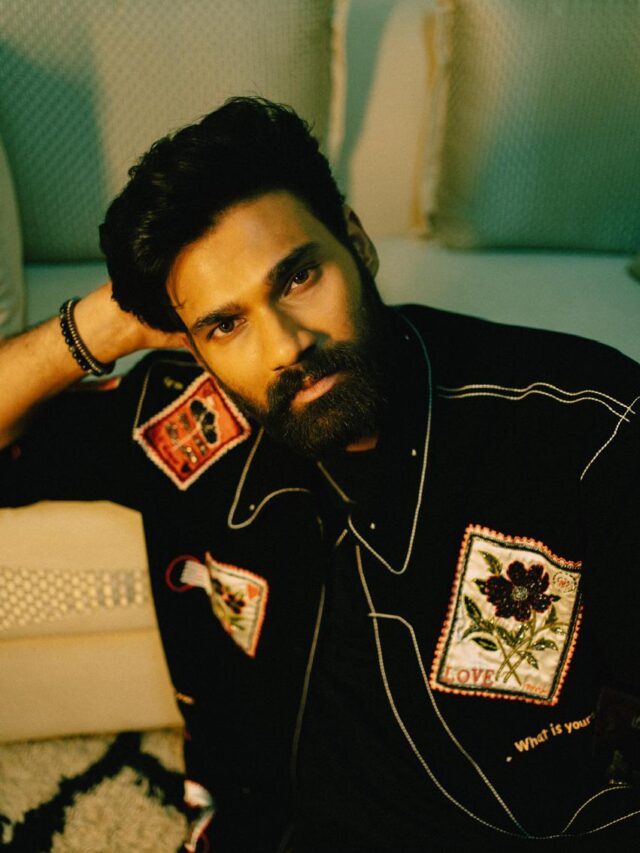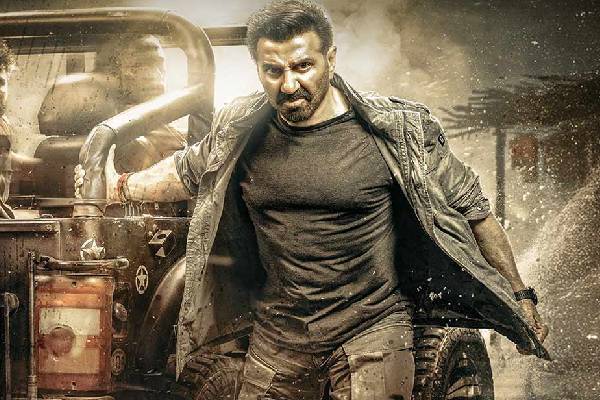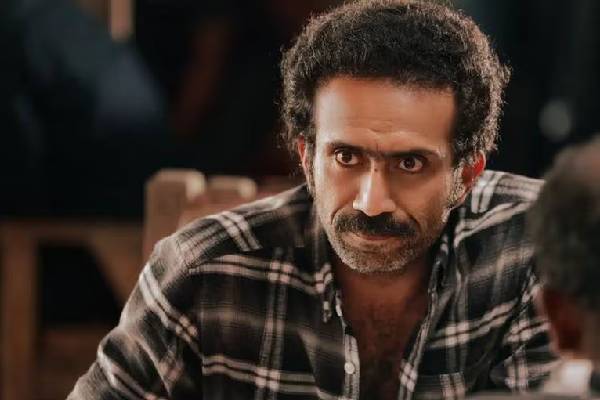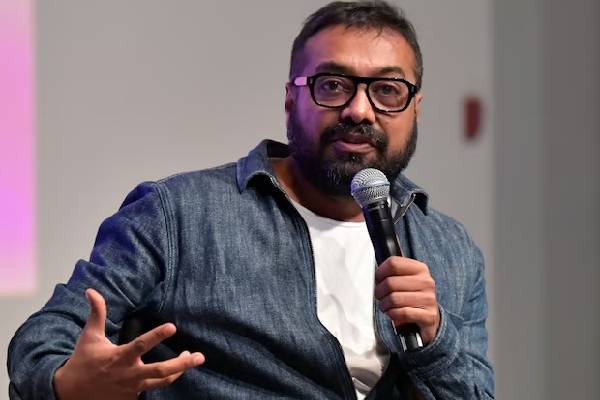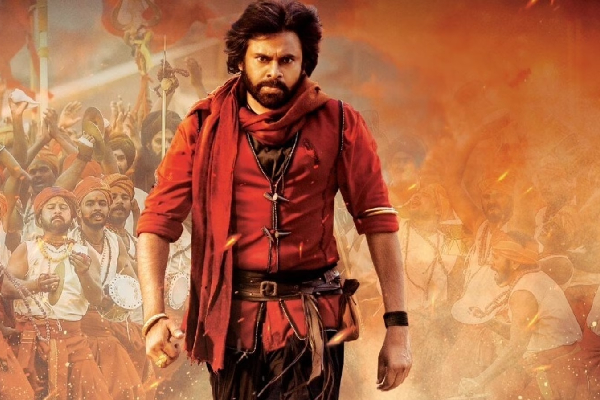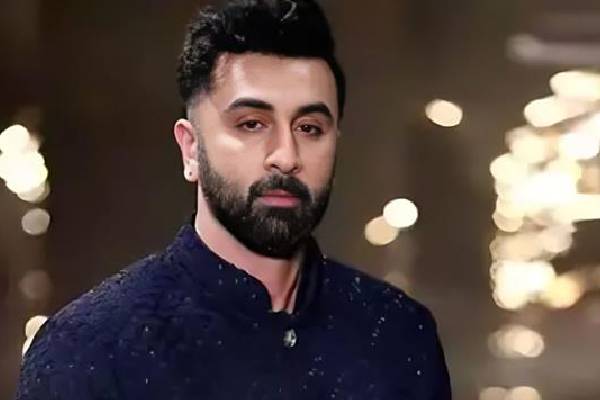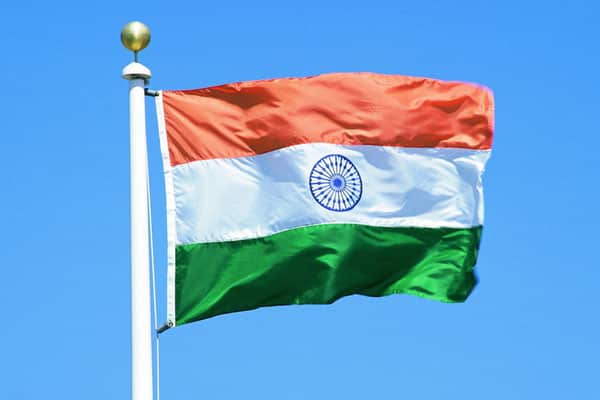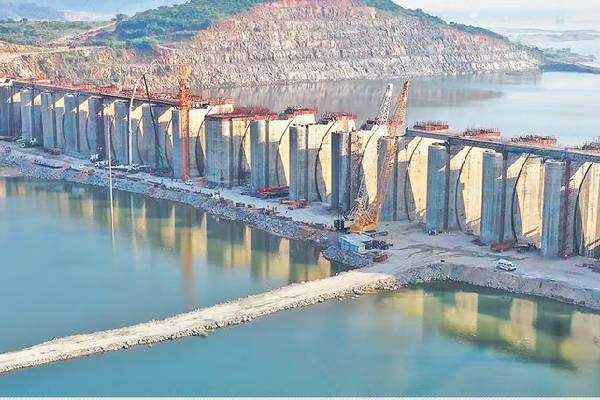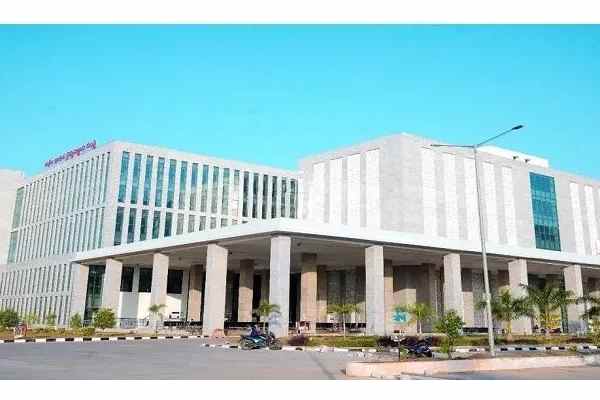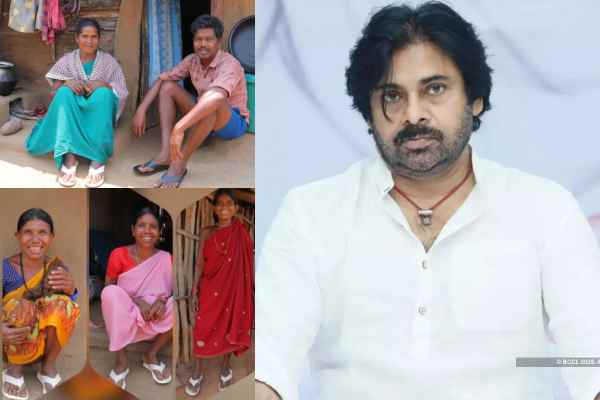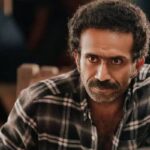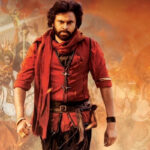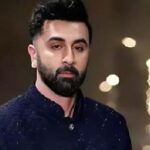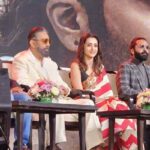The nation is celebrating 69 the Republic day today. Yet many Indians, even the educated do not know the precise difference between “Independence day” and “Republic day”. Some years back, when a channel asked random persons going on the road the same question, many, including college going students and government employees, failed to answer the question. Then what is the exact difference.
Before 1947 also we had Indians part of ruling government:
India celebrates independence day on 15th August, since 1947 and republic day on 26th January since 1950. India was ruled by Britishers until 1947. Let’s understand little deeper. What do we mean by “ruled by”. Any country will have 3 estates for governance – executive (the one that implements existing laws), legislature (the one that makes new laws), judiciary (the one that ensures the implementation of the existing laws). Currently, all cabinet ministers form the executive. All MPs , in case of union, and all MLAs in case of state, are part of legislature irrespective of whether they belong to “ruling” party or not. To be even more precise, executive includes – President of India, Cabinet ministers and bureaucracy.
During British time also, we had executive councils. And many people don’t know that there are some Indians also in those executive councils. But in Indian movies, it is shown like – British rule means it is ruled by entirely foreigners. Even legislative councils (like current assemblies) also formed as early as 1861 and they have elected Indian members as early as 1892. To put it in simple understandable words – even before 1947, executive had Indian ministers, though the position similar president of India (called viceroy) was always occupied by Britishers. Also, there were parliament elections (parliament was called central legislative council) and many Indians were already occupying positions similar to MPs(called members of Central legislative councils).
Why Indians fought if they had enough representations in government and legislature:
So, when both legislatures and executive had Indians taking part, why did Indians fight for independence. Well, highest position (viceroy) was always occupied by Britishers, all the ministers (executive council members) were selected by him and he always selected those who are pro-British rule ideology. For legislative councils, there were elections but it is not universal adult suffrage that means not all Indians can vote. Only less than 10% of Indians had vote right based on their wealth, education etc. Some of these rich people like zamindars are always pro-British. Some educated people also believed British rule helps India grow. So, Britishers made a “tricky” system where Indians themselves elect pro-Britishers as their representatives. So people realized this and fought for full freedom that has no Britisher being part of legislative or executive councils
Then what is exact difference between independence day and republic day:
After 2nd world war, Britishers gave independence to most of their colonies. India got freedom on August 15th, 1947. But to rule the country, India did not have a constitution. So 15th August 1947 to 26 Jan 1950, India was ruled based on “Government of India Act, 1935” that was prepared during British regime. Constitution was enacted on this republic day. Moreover, between 15th August 1947 to 26 Jan 1950, Indian prime minister reports to Governor general (similar to president of India position, but not exactly same) and Governor general is not highest authority and he reports to England Monarch or Queen. Only on republic day, we became fully sovereign. That means Prime minister reports to Presidents of India and there is no higher authority than him and moreover, President of India is elected by people (indirectly) and this position is not a hereditary one.
The word “Republic”, etymologically, formed for Re+ Public. “Re” as in regal, regime, reign, represents “Ruling” and “Public” means common man. So republic means it’s ruling by common man (means not by King or Queen).
-Zuran



















